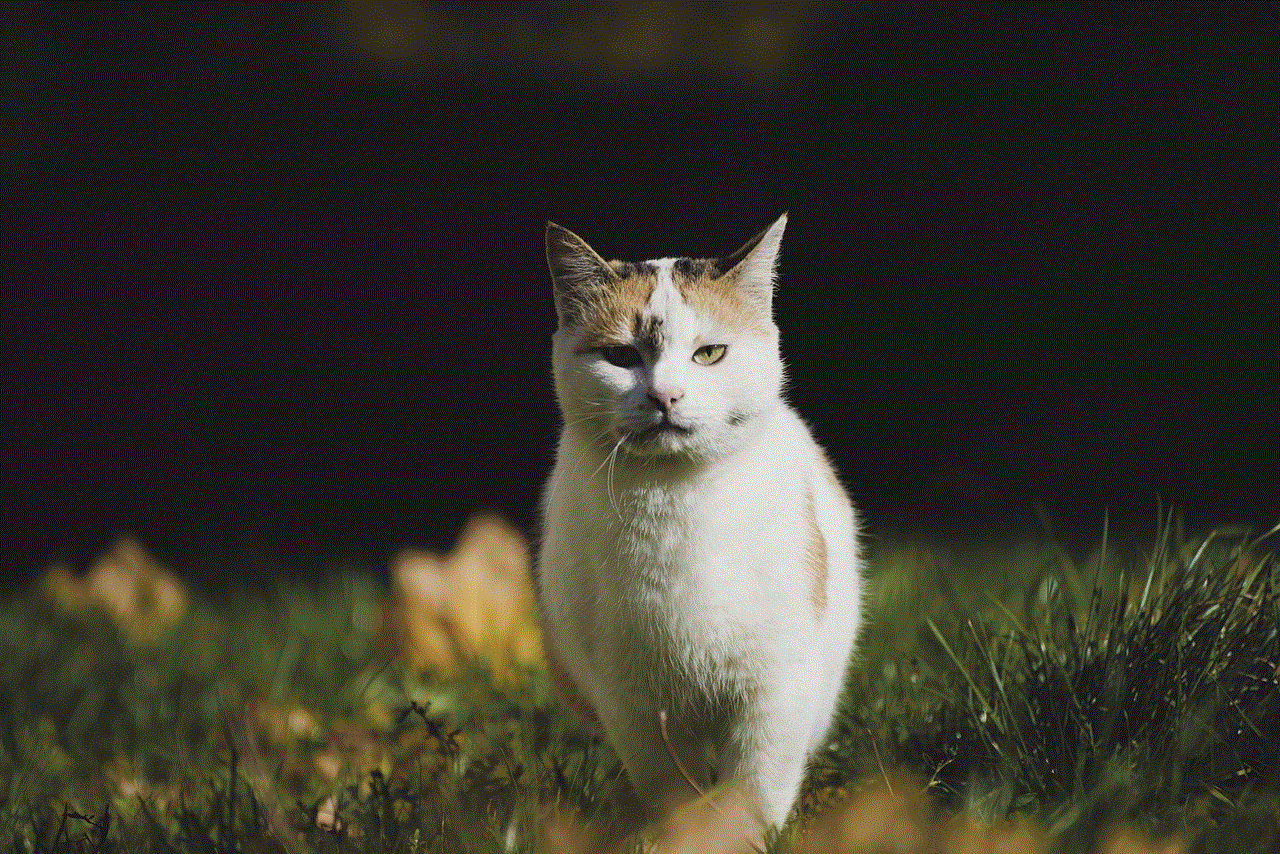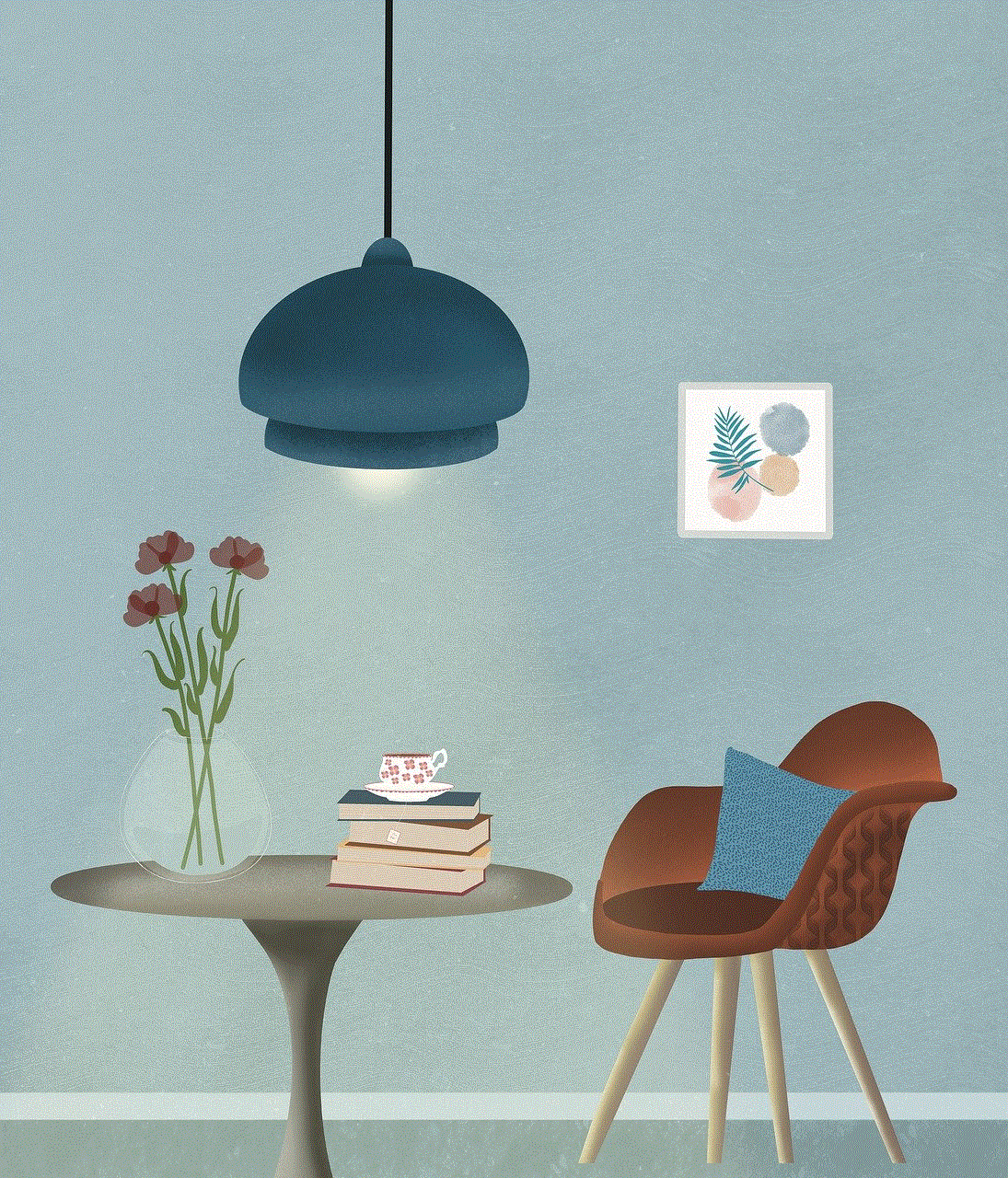bad and boujee meaning
“Bad and Boujee”: The Cultural Phenomenon Behind the Meaning
In 2016, the hip-hop trio Migos released their hit single “Bad and Boujee”, which quickly became a viral sensation. The song’s catchy beat and clever wordplay caught the attention of music lovers around the world, but it was the phrase “bad and boujee” that truly captured the hearts and minds of listeners. From social media memes to fashion trends, the term has taken on a life of its own, with many trying to decipher its true meaning. In this article, we will delve into the origins and evolution of “bad and boujee”, exploring its cultural significance and how it has become a symbol of modern-day luxury and rebellion.
The phrase “bad and boujee” is a play on the words “bad” and “bougie”, with the latter being a slang term for bourgeois or someone who is seen as upper class or pretentious. The term “bougie” has been around for decades, but it wasn’t until Migos’ song that it gained widespread popularity. In an interview with Rolling Stone, Migos member Quavo explained that they wanted to make a song that would resonate with their fans and capture the essence of their lifestyle. He stated, “We just wanted to show the people that we’re not just rapping, we’re living this. We’re bad and boujee.”
The song’s music video, which features the trio living in a luxurious mansion surrounded by beautiful women, further reinforces the idea of being “bad and boujee”. The lyrics, which are a mix of flashy references and clever wordplay, also contribute to the song’s appeal. Lines like “cookin’ up dope with an Uzi” and “smokin’ on cookie in the hotbox” paint a picture of a lavish lifestyle filled with expensive cars, designer clothes, and drugs. Through their music, Migos not only showcase their success but also celebrate their street cred and rebellious attitude, which is a key element of the “bad and boujee” lifestyle.
But beyond the catchy beat and flashy visuals, “bad and boujee” has a deeper meaning that resonates with many. The term has become a symbol of empowerment for those who have been marginalized by society. In a world where class and status are often used to judge others, “bad and boujee” challenges these societal norms and celebrates individuality and self-expression. It’s a way of saying, “I am who I am, and I don’t care what anyone else thinks.” This message has particularly resonated with young people, who have embraced the term and made it a part of their everyday language.
One of the reasons why “bad and boujee” has become a cultural phenomenon is its versatility. The term can be used in various contexts and has different meanings for different people. For some, it’s a way of flaunting their wealth and status, while for others, it’s about embracing their unique style and personality. It can also be used ironically, as a way of poking fun at the idea of being “bougie” or high class. This flexibility has allowed the term to transcend its original meaning and become a cultural symbol that represents different things to different people.
In addition to its cultural significance, “bad and boujee” has also had a significant impact on the fashion industry. The term has become synonymous with luxury and opulence, inspiring designers to create collections that reflect this aesthetic. From high-end streetwear to luxury brands, “bad and boujee” has become a trend in the fashion world, with many incorporating the phrase into their designs. It has also influenced the rise of “bougie” fashion, which combines elements of streetwear with high-end fashion to create a unique and edgy look. The emergence of this style has been attributed to the influence of hip-hop culture and its celebration of luxury and individualism.
But like any cultural phenomenon, “bad and boujee” has also faced criticism and backlash. Some argue that the term promotes materialism and superficiality, and reinforces societal hierarchies based on wealth and status. Others believe that it perpetuates negative stereotypes of the “bougie” lifestyle, portraying it as shallow and vapid. While these criticisms are valid, it’s essential to understand that the term means different things to different people, and its interpretation and use can vary greatly.
Despite the controversy surrounding “bad and boujee”, there’s no denying its impact on popular culture. It has not only influenced music and fashion but has also seeped into other aspects of our lives, from social media to everyday conversations. It has become a way for people to express themselves, whether it’s through their fashion choices, social media posts, or everyday language. The term has also spawned countless memes and parodies, further solidifying its place in popular culture.
In conclusion, “bad and boujee” may have started as a catchy phrase in a hit song, but it has evolved into a cultural phenomenon that has captured the hearts and minds of millions. It has become a symbol of luxury, rebellion, and individualism, and has inspired a new wave of fashion and lifestyle trends. But beyond its surface-level meanings, “bad and boujee” is a reflection of our society and its changing attitudes towards wealth, status, and self-expression. And whether you love it or hate it, there’s no denying that “bad and boujee” has left a lasting mark on popular culture and will continue to do so in the years to come.
what is an irl
IRL, or “In Real Life”, is a term that has become increasingly popular in recent years. It is most commonly used on the internet, specifically in online communities and social media platforms. In essence, it refers to the physical world, as opposed to the virtual world that we often find ourselves immersed in. But what does this term really mean, and why has it gained such widespread usage?
The concept of IRL can be traced back to the early days of the internet, when online communication was primarily limited to chat rooms and forums. As the internet evolved and social media platforms emerged, the need to distinguish between the online and offline worlds became more apparent. This need was further fueled by the rise of online gaming, where individuals could create and interact with avatars in digital worlds.
Today, with the increasing prevalence of social media, smartphones, and other forms of technology, the line between the virtual and physical worlds has become more blurred than ever before. This has led to the widespread use of the term IRL, as a way to differentiate between the two worlds and acknowledge the importance of real-life interactions.
But why has the concept of IRL become so prevalent in our society? One reason could be the rise of social media and the impact it has had on our lives. With the ability to connect with others from all around the world, it’s easy to become consumed by the digital world and lose touch with the physical one. As a result, the term IRL has become a reminder to step away from the screens and engage with the world around us.
Another factor that has contributed to the popularity of IRL is the rise of remote work and online education. With the COVID-19 pandemic forcing many people to work and study from home, the lines between work, school, and personal life have become increasingly blurred. The term IRL has become a way to distinguish between the different aspects of our lives and maintain a sense of balance.



Moreover, the rise of online dating and relationships has also played a role in the popularity of IRL. With the increasing reliance on dating apps and virtual communication, the concept of meeting someone “in real life” has become a novelty. This has led to the term being used as a way to emphasize the physical aspect of relationships and differentiate between virtual and physical connections.
But the use of IRL is not limited to just online interactions. It has also become a way to describe activities or experiences that take place in the physical world. For example, someone may say they went to a concert “IRL” to differentiate it from watching a livestream of the concert online. This usage has become especially prevalent during the COVID-19 pandemic, as many events and activities have moved to virtual platforms.
Furthermore, the term IRL has also been adopted by businesses and marketers as a way to engage with their audience and promote authentic experiences. Brands often use the term in their marketing campaigns to encourage customers to disconnect from the digital world and experience their products or services in real life.
Despite its widespread usage, IRL has also faced criticism and backlash. Some argue that the term perpetuates the idea that the online world is not “real” and promotes a false dichotomy between the virtual and physical worlds. Others argue that the term is exclusionary and dismissive of individuals who may have a more active online presence.
Despite these valid concerns, the term IRL continues to be used and has even sparked the creation of sub-terms such as “IRL friends” and “IRL meetups”. These sub-terms further emphasize the importance of physical interactions and relationships in a world that is becoming increasingly digital.
The concept of IRL has also given rise to the popular internet slang “AFK” meaning “Away From Keyboard”. This term is often used as a way to indicate that someone is taking a break from the digital world and engaging in activities in the physical world.
In conclusion, the term IRL has become an integral part of our online culture and language. It serves as a reminder to balance our online and offline lives, and to not lose touch with the physical world. While there may be valid criticisms surrounding its usage, the term continues to evolve and adapt in our ever-changing technological landscape. So the next time you find yourself scrolling through social media or spending hours on your phone, remember the importance of engaging in the real world and experiencing life “in real life”.
opt meaning slang
Slang is a form of language that is constantly evolving, and with the rise of social media and technology, it seems to be evolving at a faster pace than ever before. One slang term that has gained popularity in recent years is “opt.” This term has a variety of meanings and can be used in different contexts. From its origins to its current usage, let’s explore the meaning of “opt” in slang and how it has become a part of modern language.



The word “opt” is a shortened form of the word “optional” and has been around since the early 19th century. It was used to describe something that was not required or could be chosen as an alternative. However, in the 21st century, the word has taken on a new meaning in slang. It is now often used as a verb and has a more nuanced connotation.
One of the most common usages of “opt” in slang is as an abbreviation for “opt out.” This term is used when someone chooses not to participate in something or decides to remove themselves from a situation. For example, if someone is invited to a party but decides not to attend, they might say, “I’m going to opt out of the party tonight.” In this context, “opt” is used to indicate a decision made by the individual.
Another popular slang usage of “opt” is as an abbreviation for “optimal” or “optimization.” In this context, it is often used to describe something that is the best or most desirable option. For instance, someone might say, “I opted for the best seats at the concert,” meaning they chose the seats that were considered optimal. Similarly, someone might say, “I’m going to opt for the healthier option for lunch,” meaning they will choose the best or most desirable food option.
The term “opt” is also commonly used in slang to express agreement or approval. In this sense, it is often used as a synonym for “okay” or “yes.” For example, if someone asks, “Do you want to go to the movies tonight?” and the other person responds with “I’m opting,” it means they are in agreement with the plan. This usage of “opt” is often used in casual conversations, especially among friends and peers.
On the other hand, “opt” can also be used to express disagreement or disapproval. In this context, it is often used as a shortened form of the phrase “opt out of,” indicating a refusal or rejection of something. For instance, if someone suggests ordering pizza for dinner, and someone else responds with “I’m opting,” it means they do not want to have pizza and are suggesting an alternative option.
In recent years, the word “opt” has also gained popularity in the LGBTQ+ community. It is often used as a shortened form of the word “optical” and is used to describe someone who appears to be straight but is actually part of the LGBTQ+ community. For example, someone might say, “He may seem straight, but he’s an opt,” indicating that the person is not openly gay but is part of the community.
Another slang usage of “opt” is as an abbreviation for “optical illusion.” In this context, it is used to describe something that appears to be one way but is actually something else. For instance, someone might say, “That photo is an opt,” meaning the photo was manipulated or edited to create an optical illusion. This usage of “opt” is often used in the context of photos and videos on social media.
The term “opt” has also become a part of modern internet slang. It is often used as an abbreviation for “optimize,” meaning to improve or make something better. This usage is often seen in the context of social media, where people try to optimize their posts or profiles to get more likes and followers. For instance, someone might say, “I’m going to opt my Instagram profile,” meaning they will make improvements to their profile to make it more appealing.
In addition to its various meanings and usages, “opt” has also become a popular slang term in the gaming community. It is often used as a shortened form of “optimal” and is used to describe the best or most desirable strategy in a game. For example, someone might say, “This is the opt strategy for winning this level,” meaning this is the best strategy to use in order to win the level.



The term “opt” has also found its way into the workplace, where it is often used as an abbreviation for “optimum” or “optimization.” In this context, it is often used to describe a situation or decision that is the most efficient or beneficial. For instance, someone might say, “We need to opt our team’s productivity,” meaning they need to find ways to optimize their team’s productivity.
In conclusion, the term “opt” has a variety of meanings and usages in slang. From its origins as a shortened form of “optional” to its current usage as a verb with multiple connotations, “opt” has become a versatile and popular term in modern language. Its use in different contexts, from casual conversations to social media and gaming, is a testament to its widespread usage and evolution in slang. As language continues to evolve, it is likely that we will see even more usages of “opt” in the future.